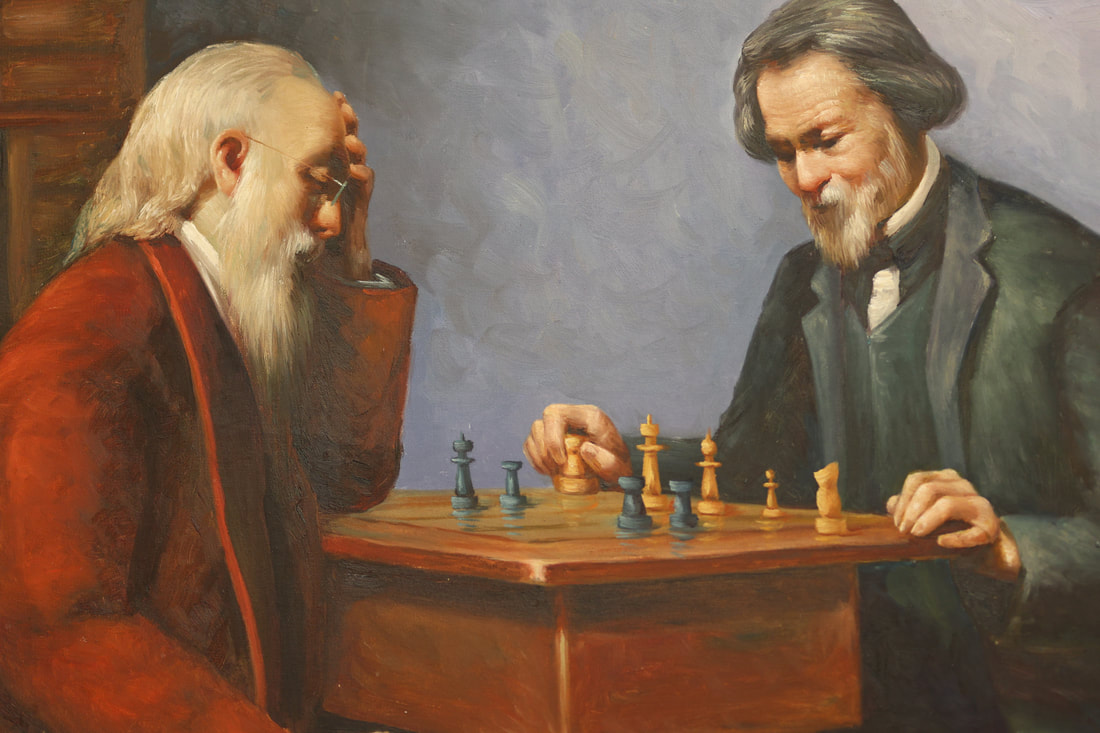|
I am a graduate student in the Philosophy Department at the University of Pittsburgh. I work in meta-ethics, on normativity, reasons, and rationality. My dissertation is chiefly concerned with how normative reasons relate to desire, value, the will, and reasoning. I'm pursuing this research under the mentorship of Nandi Theunissen, Japa Pallikkathayil, James Shaw, Stephen Finlay, Hille Paakkunainen and Kevin Dorst, Scroll down for more about current projects. |
|
|
Matters of taste seem to be distinguished by the prominent role that our attitudes play in determining what we should choose. Hence it is taken for granted that if you desire vanilla, that fact alone gives you some reason, often decisive reason, to select vanilla over chocolate. By the same token, it seems incredible to suggest that considerations of objective value should be of help in choosing between flavors of ice cream. Yet that is not far from the truth. Desire’s ability to give rise to reasons of taste has been overstated. Much if not all of desire’s normative force in matters of taste derives from its role in expressing an agent’s appreciation of the values which make the object of her desire choiceworthy. Once we recognize the role appreciation plays in rational choice, we can embrace a cogent and powerful explanation of why desires appear to justify action in terms of the value those desires appreciate.
|
Normative Reasons
Suppose that the only way to avoid checkmate is to move your rook. Then that fact speaks in favor of moving your rook: it is a reason to move it. Is there a unified, non-circular explanation to be had of what it is for a fact to speak in favor of a response, like moving your rook? I think there is. A normative reason to Φ speaks in favor of Φ-ing by citing some respect in which Φ-ing is valuable. That you avoid checkmate speaks in favor of moving your rook because avoiding checkmate is a respect in which moving your rook would be valuable. If you would win $1 million by moving your rook, that also speaks in favor of moving it. Despite the complexity in the reasons we actually have, there is an underlying, value-based explanation of how they speak in favor of the responses they support.
|
Symmetrical choices
|
Symmetrical choices are those in which your objective reasons—the kind that derive from an object’s or action’s value—are perfectly balanced. Intuitively, agents can nonetheless have most reason to choose A if that is what resonates with them, even when A and B are in some sense equally choiceworthy. Call this the tie-breaking intuition.
In this project, I explore the idea that objectivism can recognize that broadly subjective factors play a tie-breaking role without committing themselves to the notion that they are basic normative reasons. I argue for a novel value-based rationale for tie-breaking centered on the notions of a rich life and that of treating some consideration as a reason (even when it really isn't). |



